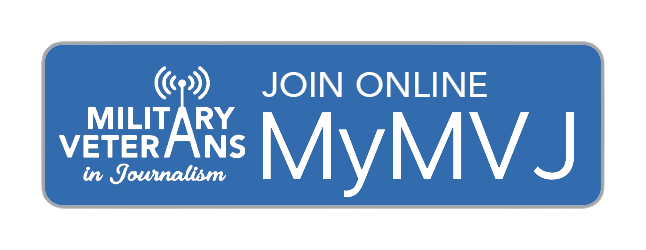This resource is provided by American Corporate Partners, which aims to ease the transition from the military to the civilian workforce. ACP is a national nonprofit organization focused on helping returning veterans and active duty spouses find their next careers through one-on-one mentoring, networking and online career advice.
Social Media for Career Development
Social media tools like Facebook, Twitter, and LinkedIn are becoming increasingly helpful to career development. Professionals can use social media platforms as a way to enhance their knowledge of technology, marketing, and news for their industry; network with other professionals; and provide an online space where clients can interact with them and provide feedback about their products or services.
Using Social Media to Find a Job:
Developing an online presence can be helpful to your job search as an increasing number of recruiters are logging on to sites like LinkedIn and Twitter to find potential job candidates. Similarly, many companies use LinkedIn to post job opportunities. Job seekers can view social media platforms as a space for online résumés or as a means to develop a professional online presence that may be attractive to potential employers.
To make the most of your LinkedIn profile during your job search, learn how to leverage your profile during a job search. Similarly, you can find a helpful guide on how to use Twitter to search for a job here.
Social Media Etiquette and Professionalism:
As employers increasingly search for and review employees’ and job candidates’ online profiles, it is especially important to maintain a level of professionalism regarding your online presence and to adhere to proper social media etiquette. Review some helpful tips for maintaining a professional online presence below, and consider removing any unprofessional profiles from the web.
DO:
- Keep your profile pictures tasteful and professional. Choose a photo that you would be comfortable sharing with your professional network.
- Utilize your privacy settings on all social media platforms to control how much of your profile can be viewed by the general public. A guide to Facebook’s privacy settings can be found here or here; Twitter’s can be found here; and LinkedIn’s can be found here.
- Use Twitter and LinkedIn to broaden your professional network. Engage others in conversations about your career and professional interests. For example, if you are interested in education, follow education-related conversations on Twitter via hashtags such as #education and tweet at people who are also within that community and/or industry.
- Use Twitter and Facebook to highlight your work and share it with others, but keep selfpromotion within reason. Be self-aware and share with professionalism and humility.
- Use proper grammar and spelling. Your personal contacts might not judge your grammar, but potential employers and professional contacts probably will.
DO NOT:
- Post disparaging remarks about your current or former employer, colleagues, or company. Be aware that professional contacts within your Twitter and Facebook networks may be able to see everything you post or tweet.
- Spam. Avoid posting repeated status updates and comments within the span of a few hours. Spamming will encourage your contacts to avoid you on social media and will hinder your ability to network.




